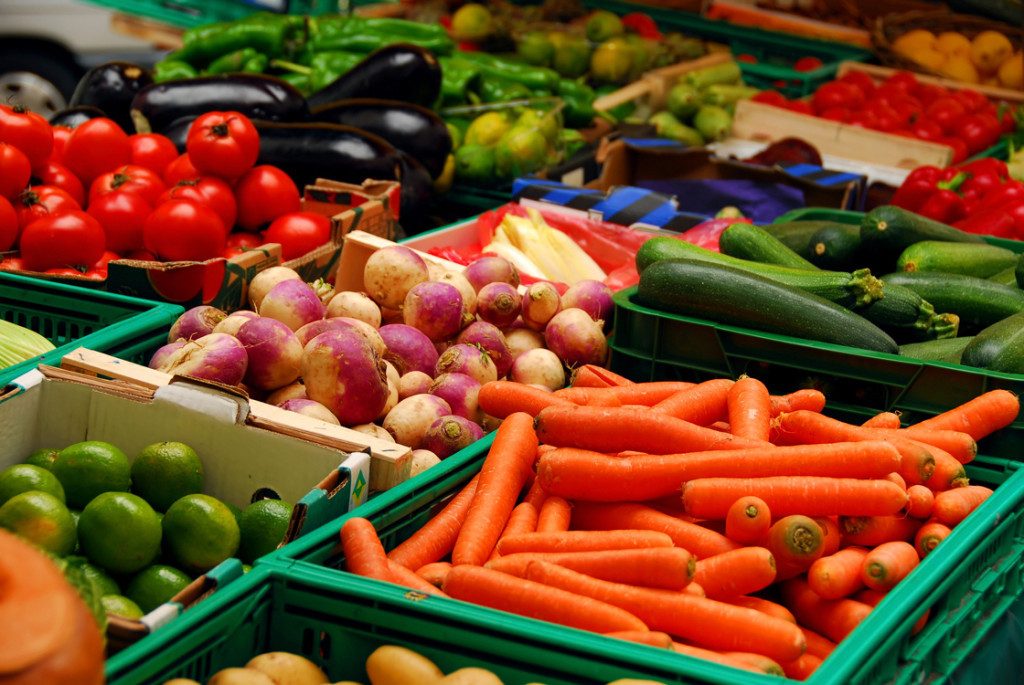
Contemplation on being a vegetarian
By Joel MacKenzie, Contributor
I’ve followed a vegetarian diet for a few years now because I saw it as the most ethical way of living I could adopt: swapping animal products for plant ones can be good for the environment, animals, other people, and myself. But lately I’ve found myself considering eating meat again, particularly fish. This temptation really only comes about when I haven’t been eating particularly healthfully and when it seems that meat would satisfy me. Is this succumbing to the desires of flavour and instant gratification over compassion for animals? There was certainly a point in my life when I would have argued just that. After getting my diet back on track, I don’t seem to crave it. But the thought made me critically consider two of my assumed truths about vegetarianism that have kept me on the diet: that it is indeed healthy for humans, and that it and compassion for life fundamentally relate.
I’ve been wondering if the diet is healthy as the high amount of beans and vegetables that are part of my regular diet are, arguably, unnatural. By this, I mean that the amount that I eat was not a part of ancestral humans’ diets, which consisted of at least some—if not a fair amount of—meat. This is why, for instance, protein and some minerals, like iron, are easier to digest in meat than in vegetables, and also why there is only a very minimal amount of vitamin B12 available in edible plants.
But the definition of “natural” is a matter of opinion, not a self-evident fact. Is it not natural to consume healthy amounts of protein, vitamins, and minerals, even if they are from different sources than our ancestors’? Is having a different ratio of protein, carbs, and fats than our ancestors unnatural, even if the new ratio is determined to be healthy? And is it not natural to strive to reduce the amount of damage we do to the ecosystem that we are a part of, as I feel vegetarianism does?
I have often considered vegetarianism to show compassion for life simply because I thought reducing the deaths of animals was the epitome of morality. What I often think about now, though, is the difference between animal and plant life. Humans need to consume other living things to survive, whether they are plants or animals. What makes an animal’s life more worthy than a plant’s? Is it their consciousness? Their ability to feel pain? If we want to show respect to the lives (pain and suffering aside, of course) of animals, should we not regard those of plants in a similar way?
Even without a clear answer to any of these questions, vegetarianism has still helped bring me closer to their answers. To me, living ethically means trying to respect every other life that has gone into making one’s life possible. If I can do that while reducing pain, and doing more good than bad, I think I ought to.
I don’t know if my diet will change with my lifestyle in the future. But I do know that vegetarianism has been more than a diet to me. It represents a long process of considering life and death, and is an affirmation that nothing is black and white.
